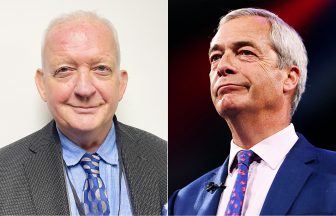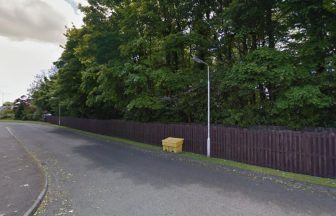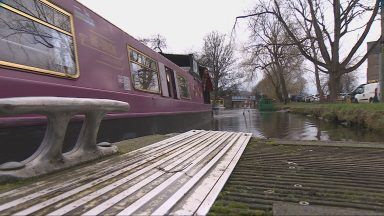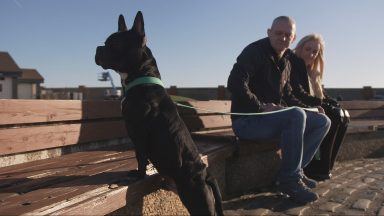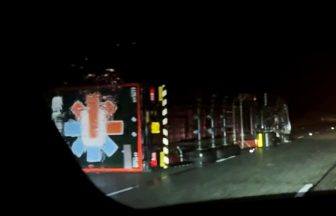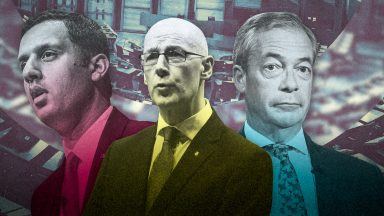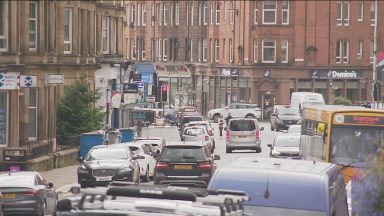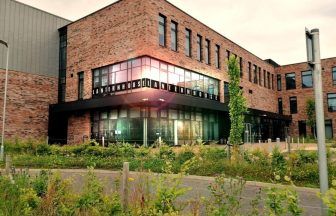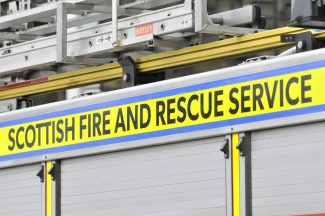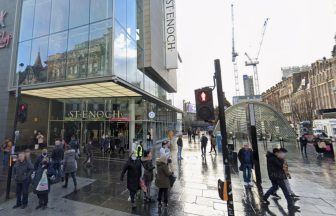Poor public transport – particularly unreliable bus services – is one of the biggest challenges to tackling poverty in Falkirk, a new report has found.
A Falkirk Council team looking at ways to tackle poverty levels that remain “stubbornly high”, spoke to around 100 people living in the area who have experience of living in poverty.
The aim was to find out “what matters to them” and find ways that can help reduce or prevent poverty.
One topic that came up “time and time again” in the conversations was public transport, members of Falkirk Council’s executive heard this week.
Unreliable, infrequent and expensive bus services mean that people – particularly in the more rural areas of Falkirk – find it impossible to get to work or health appointments without a private car.
One resident said: “Folk in this rural area generally gave up on public transport two generations ago. It is impossible to run a normal working family life without a reliable car (or two).”
‘Building a Fairer Falkirk’, which outlines the council’s strategy for tackling poverty over the next five years, states: “Public transport does not meet the needs of people who need it most.
“Bus services are not designed to meet the needs of many users, particularly those experiencing poverty and other disadvantage.
“The provision of public transport as it stands perpetuates and deepens these issues.”
The report says the impact is most keenly felt in the district’s more rural areas.
In 2021, 10 per cent of households in Falkirk did not have access to a car, leaving a significant number of people reliant on public transport to travel to work, education and to access key services.
While none of Falkirk’s population lives in a remote rural area, the latest figures show 8.4 per cent of residents live in a rural area that’s within a 30 minutes drive of an urban area.
The council’s strategy admits that improving public transport is difficult due to cost of providing transport and the lack of control that the council has over private transport operators.
At Falkirk Council’s executive Labour councillor Euan Stainbank said he was aware how much of a priority transport is to residents “as we have seen such a dramatic decline in bus routes over the last 15-20 years”.
He asked how the strategy would be used to make sure that bus services are timed better so people can use them to go to work and access health services more easily.
Chief executive Kenneth Lawrie said that the council was continuing to look at “innovative work” such as Demand Responsive Transport helping people in rural areas.
But he added: “As a management team, when we saw the results of the work being done and hear the fact that transport is such a major concern, I think we also need to look more widely than that.
“So the other thing that is very much on our agenda now is looking at a wider transformational review of our own transport services as a council.
“At the moment, they run on a service by service basis and we think there there is an opportunity to look at transport across services and how we make better use of our fleet and vehicles to create capacity that may help find solutions for communities.”
The chief executive stressed that the work is at a very early stage.
Director of communities, Karen Algie, added that it would be important to work with partners including the third-sector.
“This isn’t going to be a council-only fix,” she said. “We need to make sure we involve all of our partners to address the issues in the report.”
To really make a difference, the council says it is vital to put poverty and inequality “front and centre in decision making”, which will also help the council’s efforts to tackle climate changes.
Planning will play its part as the aims is to create communities where people can walk, wheel or cycle to shops, education and health services wherever possible.
Follow STV News on WhatsApp
Scan the QR code on your mobile device for all the latest news from around the country


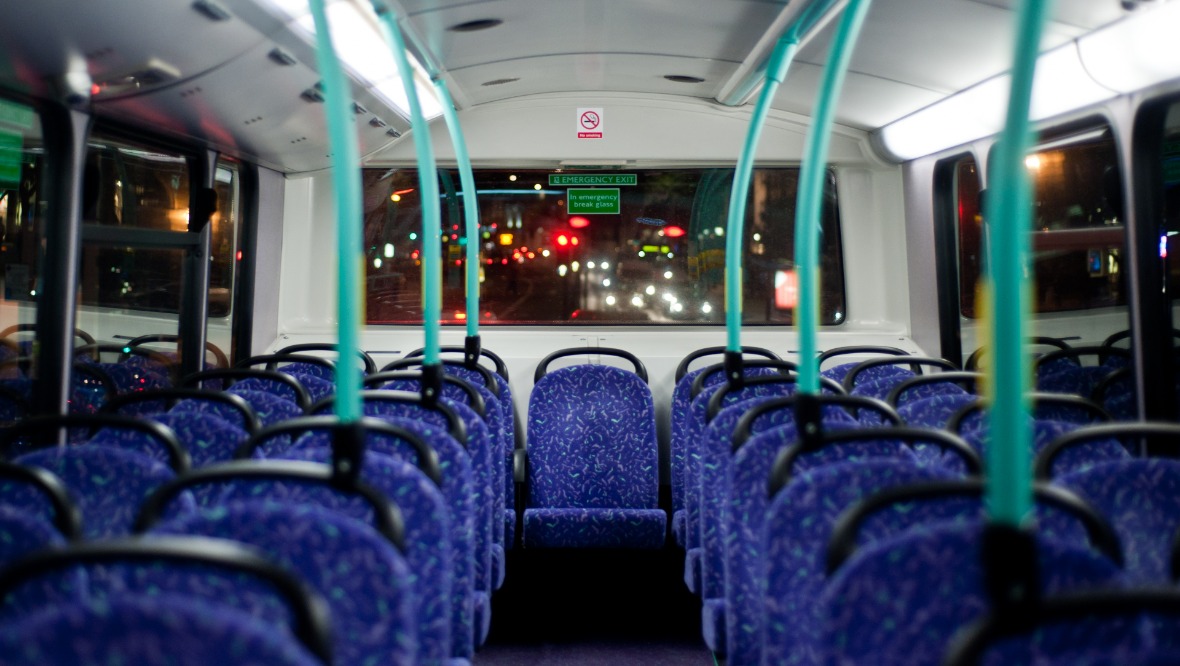 iStock
iStock



